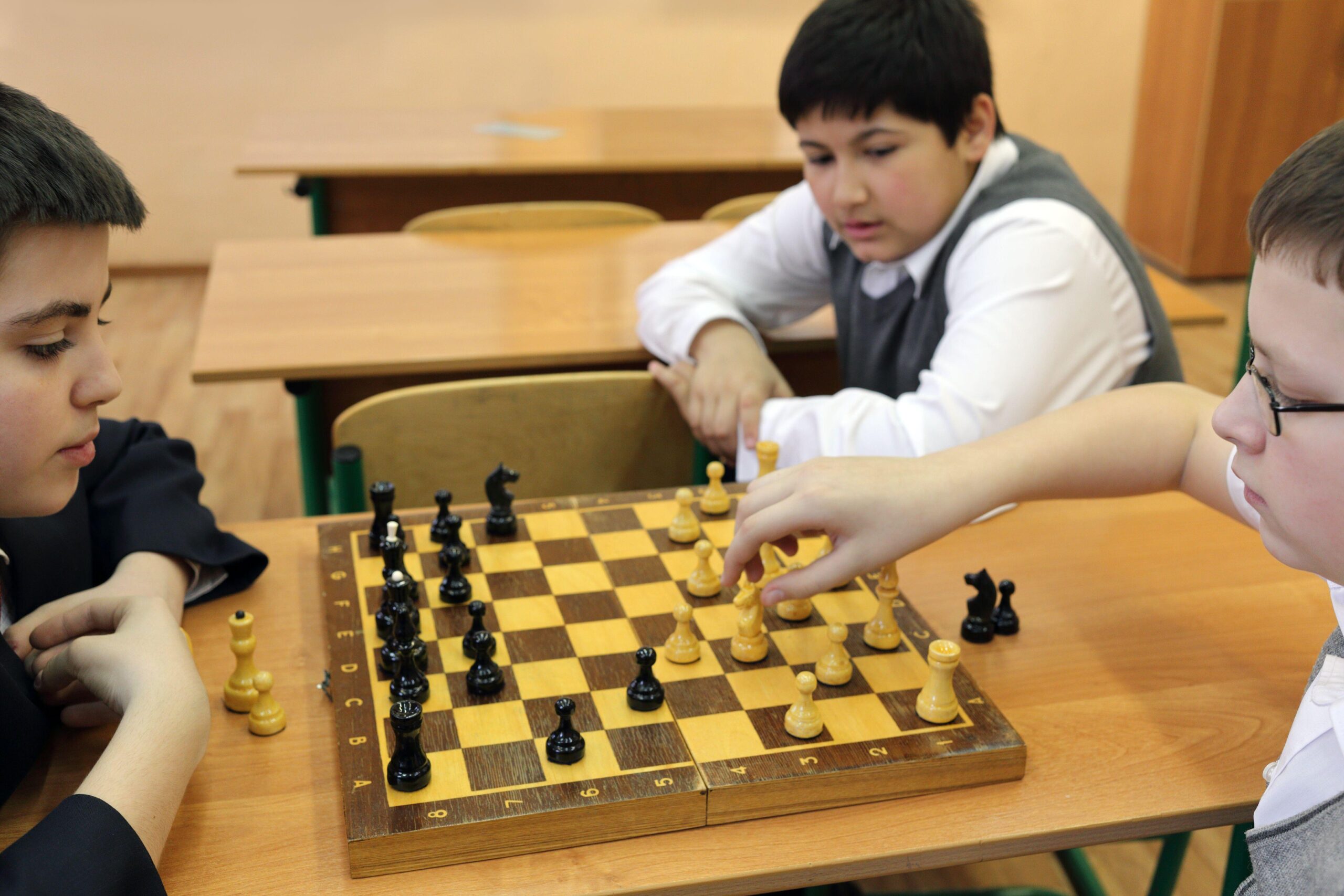Chess is this ancient game that’s been around for ages, and guess what? It’s still super popular in 2025! That’s thanks to all the past trends coming together, new tech, and some cultural shifts. It’s definitely not just some light board game like Root or Finspan; it’s more for those folks who want a deeper connection. While most board games are attempting to be on the “casual” side of entertainment, Chess seems to be maintaining its interest and popularity from a substantially different place.
Historical Context and Cultural Surge of Chess
So, you’re aware that Chess has that centuries-long history? Yeah, it totally blew up in 2020 due to that Netflix show, The Queen’s Gambit. There’s a series about a young woman becoming a chess sensation, which was viewed by 62 million households in its first 28 days alone, according to Netflix. Even by 2025, it will still be a significant phenomenon because Chess is everywhere in the media. The show is actually creating ripples, with more individuals joining to play on websites like Chess.com and young people rekindling their interest, which goes to show how powerful storytelling can be in reviving old games.
Moreover, previous booms, like Bobby Fischer’s 1972 World Championship victory, find their parallels in 2025 trends. The popularity of the game as an indicator of intelligence in movies and television shows, as noted in recent research, contributes to its widespread appeal. This sort of cultural saturation ensures that Chess remains popular, bridging the gap between generations and attracting new players with its rich history.
Incorporation of Esports and Competitive Growth of Chess
Moreover, the incorporation of Chess into esports is a significant one. The 2025 Riyadh Esports World Cup from 29 July to 1 August features Chess with a $1.5 million prize pool announced in December 2024. The 10-minute game, a rapid chess variant, fulfills pace-of-play standards for experienced chess players and esports fans alike.
This puts Chess on the same level as modern competitive video games, led by Magnus Carlsen, the world’s top-rated player with an Elo of 2831 as of May 2025.
Digital Platforms and Accessibility
Besides, online portals have revolutionized access to the game. Chess.com boasts a membership of over 200 million, with more than 18 million games played daily and over 180,000 players competing simultaneously, underscoring its massive popularity. Instant time control and premoves provide a new online experience, re-engineering traditional play. The move online has propelled Chess to outstanding popularity, allowing global connectivity and recreational play that remains well-liked by different players.
Additionally, the lessons and puzzles on the platform are accessible to anyone, which adds to its popularity. Online tournaments, such as those that enable players to qualify for the Esports World Cup, bring Chess to life in the online space, with players like Jan-Krzysztof Duda and Arjun Erigaisi dominating the 2025 competitions. This makes Chess a game that is accessible to anyone and everyone, whether you’re a beginner or a master.
Intellectual Challenge and Community Engagement
On top of its intrinsic attraction, the intellectual stimulation is likewise a big draw. It requires strategy, foresight, and analytical thinking, challenging players of all ages and skill levels. More recent studies cite its pedagogical value, with schools using Chess as a tool in instructing problem-solving and strategic thinking.
Additionally, the game fosters a wonderful culture. There are just so many sites where you can join clubs, enter tournaments, and chat with fans all over the world. With the rise of chess streamers like Hikaru Nakamura and the Botez twins, there’s a tremendous diversity of content out there, from live streams to instructional material. That sense of community, as mentioned in 2023 discussions, actually helps bring people together, with players noting that they’re seeing more activity in school clubs and simply playing in general.
Celeb Footprint and Cultural Impact
In addition, celebrity participation makes it more popular. Some examples are names such as Magnus Carlsen, whose appearance as a sponsor at the Esports World Cup, and Hikaru Nakamura, a well-known streamer, bring Chess into the mainstream limelight. Their presence online, with millions of streams on Twitch, makes the game open and appealing, especially to younger generations.
Current X updates from prominent chess users, like GothamChess, cover 2025’s “Jeansgate” and address title split controversies, reflecting sustained interest. This celebrity shoutout, which portrays Chess as sophisticated and intelligent in the media, significantly boosts its cool factor. Additionally, you’ve other sports stars, such as NFL players, promoting it on Chess.com, which helps it reach a broader audience, making it a game for everyone, not just the more intellectually inclined.
Future Prospects and Integration with Technology
Finally, the game in 2025 will be radiant, thanks to the incorporation of technology. Computer analysis and AI, components of player training and development, as seen in ChessBase 2025, continue to draw massive figures, both offline and online, maintaining high interest. This adaptability ensures Chess remains relevant, combining the historical and virtual worlds. Its integration with esports, as well as virtual availability, assures Chess of long-term prosperity, captivating players and spectators alike for generations to come.
In general, the popularity of the game in 2025 depends on its past popularity as a board game, virtual accessibility, esports recognition, and fan culture engagement. Intellectual stimulation and celebrity recognition ensure it as a cultural phenomenon with millions of individuals from all over the world.

